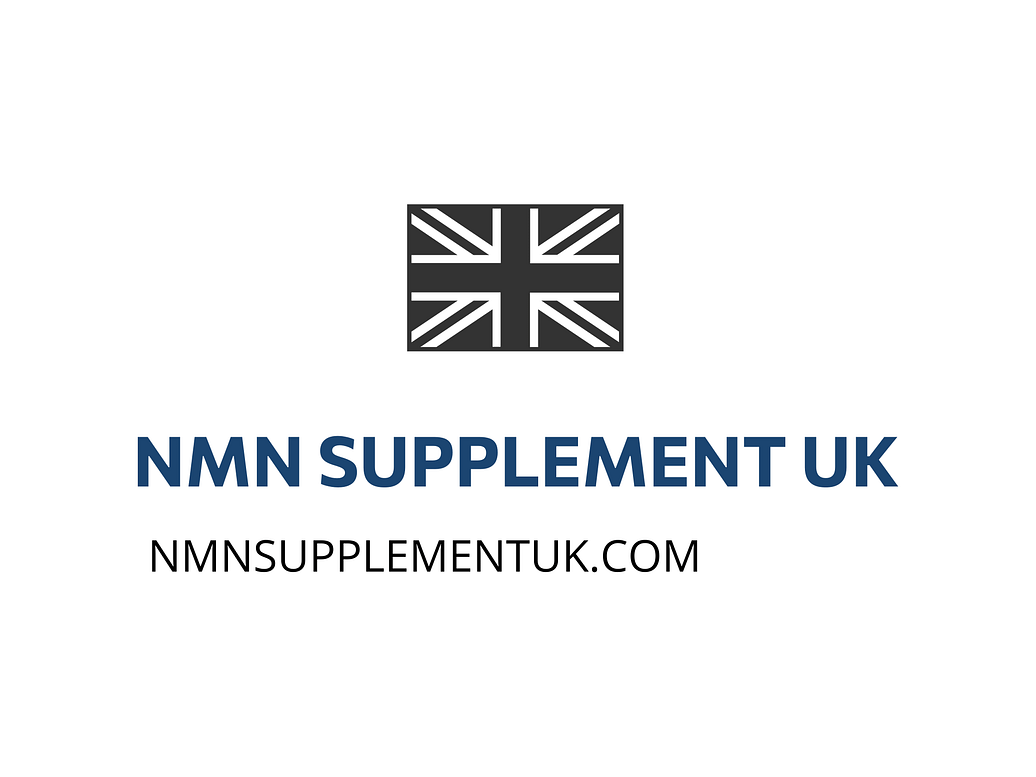Why how to lose weight in under 30 days Matters for Your Health
In-depth Analysis of health supplements: 14 Amazing Insights
Health supplements have become an integral part of our daily lives, with millions of people around the world relying on them to fill nutritional gaps, boost energy, and support overall well-being. But with so many options available, it can be overwhelming to navigate the world of health supplements. In this comprehensive analysis, we’ll delve into the world of health supplements, exploring the benefits, risks, and everything in between. Whether you’re a seasoned supplement enthusiast or just starting out, this article is designed to provide you with the insights and knowledge you need to make informed decisions about your health.
Understanding the Basics of Health Supplements
So, what exactly are health supplements? Simply put, they’re products designed to supplement your diet, providing essential nutrients, vitamins, and minerals that may be lacking in your daily food intake. Health supplements come in many forms, including vitamins, minerals, herbs, amino acids, and other botanicals. They can be found in various formats, such as capsules, tablets, powders, and liquids. If you’re interested in learning more about the different types of health supplements available, you can check out our health supplements page for more information.
When it comes to choosing the right health supplement, it’s essential to consider your individual needs and health goals. For example, if you’re an athlete looking to boost your energy and endurance, you may want to consider a supplement that contains ingredients like creatine or branched-chain amino acids (BCAAs). On the other hand, if you’re looking to support your overall health and well-being, a multivitamin or probiotic supplement may be a better option.
The Benefits of Health Supplements
So, why do people take health supplements? The benefits are numerous, and they can vary depending on the specific supplement and individual needs. Some of the most common benefits of health supplements include:
- Fill nutritional gaps: Health supplements can help fill gaps in your diet, providing essential nutrients that may be lacking in your daily food intake.
- Boost energy: Certain supplements, such as vitamin B12 or iron, can help increase energy levels and reduce fatigue.
- Support overall health: Health supplements can help support overall health and well-being, reducing the risk of chronic diseases like heart disease, diabetes, and certain types of cancer.
- Enhance athletic performance: Supplements like protein powder, creatine, and BCAAs can help athletes improve their performance, increase muscle mass, and enhance recovery.
For instance, a study published in the Journal of the International Society of Sports Nutrition found that supplementation with creatine monohydrate can increase muscle strength and endurance in athletes. Another example is the use of probiotics, which have been shown to support gut health and boost the immune system.
The Risks and Challenges of Health Supplements
While health supplements can be incredibly beneficial, there are also some risks and challenges to be aware of. One of the biggest concerns is the lack of regulation in the industry, which can make it difficult to ensure the quality and safety of supplements. Also, some supplements can interact with medications or have adverse effects in certain individuals.
For example, the use of certain supplements like St. John’s Wort can interact with antidepressant medications, reducing their effectiveness. Similarly, the use of high doses of vitamin A can cause liver damage and other adverse effects. It’s essential to consult with a healthcare professional before starting any new supplement regimen, especially if you have any underlying health conditions or are taking medications.
Navigating the World of Health Supplements
With so many health supplements available, it can be overwhelming to navigate the market. Here are some tips to help you make informed decisions:
- Consult with a healthcare professional: Before starting any new supplement regimen, consult with a healthcare professional to discuss your individual needs and health goals.
- Choose reputable brands: Look for brands that adhere to good manufacturing practices (GMPs) and have third-party testing and certification.
- Read labels carefully: Always read labels carefully, looking for ingredients, dosages, and potential allergens or interactions.
- Start with small doses: When introducing a new supplement, start with a small dose and gradually increase as needed and under the guidance of a healthcare professional.
According to a report by the National Institutes of Health, the use of dietary supplements can be beneficial for overall health and well-being, but it’s crucial to approach their use with caution and careful consideration.
The Science Behind Health Supplements
Health supplements are backed by science, with numerous studies demonstrating their effectiveness in supporting various aspects of health. For example, a study published in the Journal of Nutrition found that omega-3 fatty acid supplements can help reduce inflammation and improve heart health. Another study published in the Journal of Clinical Oncology found that vitamin D supplements can help reduce the risk of certain types of cancer.
However, it’s essential to approach the science behind health supplements with a critical eye, recognizing that not all studies are created equal. Look for studies that are well-designed, peer-reviewed, and published in reputable scientific journals. Also, be aware of the potential for bias and conflict of interest in the scientific community.
Debunking Common Myths About Health Supplements
There are many myths and misconceptions surrounding health supplements, and it’s essential to separate fact from fiction. Here are some common myths debunked:
- Myth: Health supplements are a waste of money. Reality: While some supplements may be ineffective or unnecessary, many others can provide significant health benefits when used correctly.
- Myth: Health supplements are regulated by the government. Reality: While the FDA does provide some oversight, the industry is largely self-regulated, and it’s up to consumers to do their due diligence.
- Myth: Health supplements can cure diseases. Reality: Health supplements are not a replacement for medical treatment, and they shouldn’t be used to diagnose or treat diseases.
Practical Applications of Health Supplements
Health supplements can be incredibly practical, providing a convenient and effective way to support various aspects of health. Here are some examples of practical applications:
- Daily multivitamins: Taking a daily multivitamin can help fill nutritional gaps and support overall health and well-being.
- Probiotics for gut health: Probiotic supplements can help support gut health, boosting the immune system and reducing the risk of digestive disorders.
- Protein powder for athletes: Protein powder can be an effective way for athletes to increase muscle mass, enhance recovery, and support overall performance.
A counterintuitive insight about health supplements is that they can be used to support mental health. For example, certain supplements like omega-3 fatty acids and vitamin D have been shown to have a positive impact on mood and cognitive function.
Real-World Examples of Health Supplements in Action
Health supplements are not just theoretical – they have real-world applications and benefits. Here are some examples:
- Athletes using protein powder to enhance performance and recovery.
- Individuals using probiotics to support gut health and boost the immune system.
- People using multivitamins to fill nutritional gaps and support overall health and well-being.
In 2025, the health supplement industry is expected to continue growing, with new and innovative products emerging to meet the evolving needs of consumers. As the industry continues to evolve, it’s essential to stay informed and up-to-date on the latest research, trends, and developments.
Conclusion and Final Thoughts
To summarize, health supplements can be a valuable addition to a healthy lifestyle, providing essential nutrients, vitamins, and minerals that may be lacking in our diets. However, it’s essential to approach their use with caution, careful consideration, and a critical eye. By understanding the benefits, risks, and challenges of health supplements, we can make informed decisions and harness their potential to support our overall health and well-being.
If you have any questions or concerns about health supplements, be sure to check out our FAQ page or contact us directly. You can also learn more about our company and mission by visiting our About Us page. Remember, health supplements are just one part of a healthy lifestyle – always prioritize a balanced diet, regular exercise, and a healthy lifestyle to support your overall well-being.






